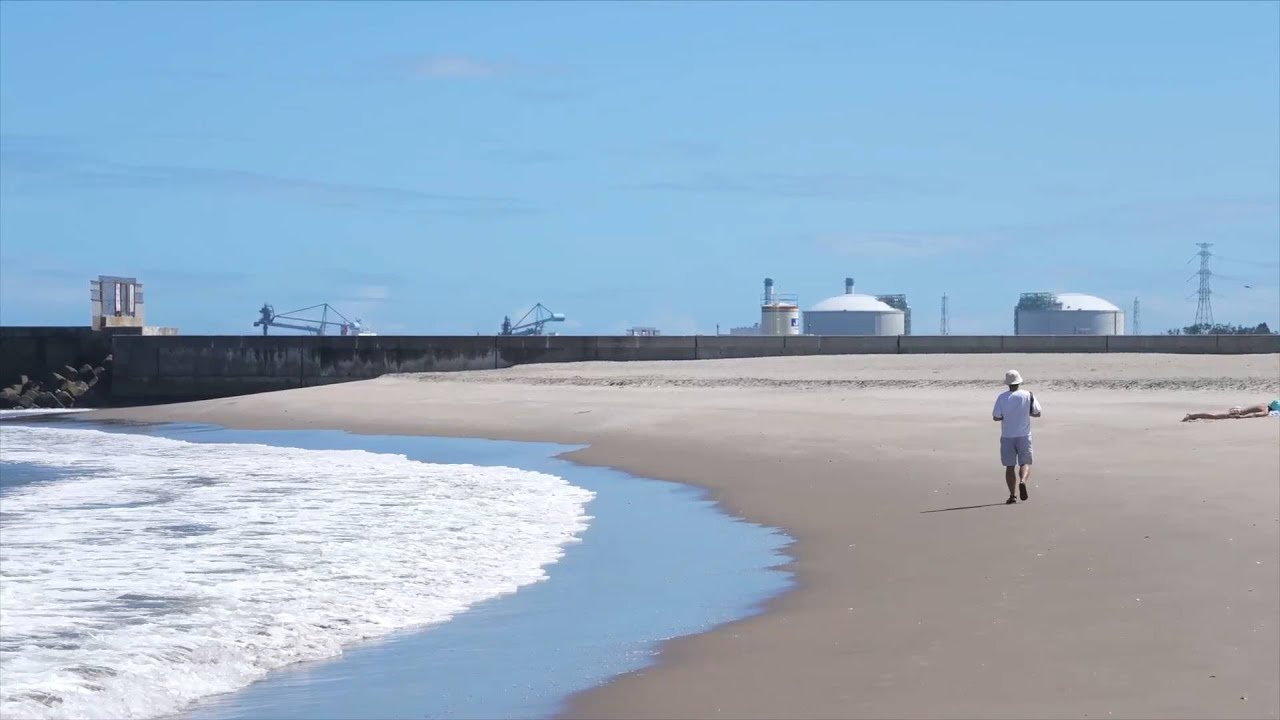“If people eat this kind of contaminated food, it will affect the health of millions and millions of people, for many, many years.” Observers say Japan’s discharging of nuclear-contaminated water into the ocean may pose long-term threats to human health and the marine environment.



Correct, but the water is processed to remove all the other radionuclides first. The really nasty stuff that causes all the horrible cancers and radiation burns and stuff is separated and stored/disposed of through other processes. That’s the theory anyway, and based on the IAEA report seems to be the current practice as well. But this process is going to take years and since TEPCO is a publicly traded for-profit enterprise, concerns that cut corners and lax safety measures could lead to either untreated water or dangerous concentrations of tritiated water being released in the future aren’t unfounded.
It makes me think of hydraulic fracturing. Pretty safe when done correctly, but profit-motivated corporations absolutely cannot be trusted to do things correctly. We can only hope that the ongoing IAEA oversight is enough. Or that the economic backlash is enough to convince the Japanese government to change course to a plan that it’s neighbors can feel confident about.
IAEA says “Views expressed in this document do not necessarily reflect those of IAEA member states”
It’s safe to say that this is Japanese Govt. decision, IAEA has no bearing the the final decision
Yes. IAEA is monitoring the situation and compiled a report based on their findings, but it isn’t their decision nor does the report represent an endorsement of the plan. I don’t think I ever said that it was?